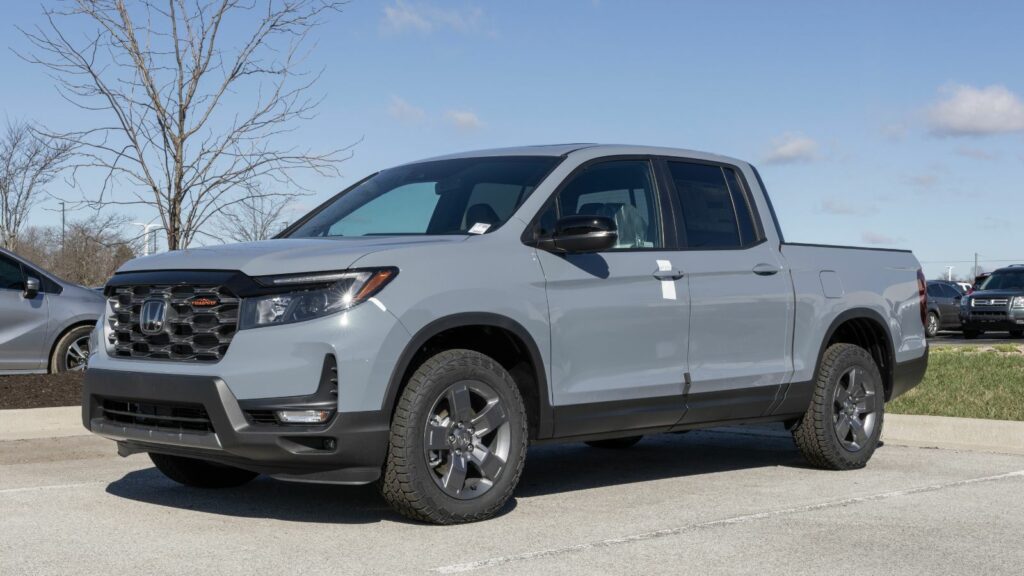Pickup trucks dominate the roads in North America, and automakers spend billions convincing us they’re the ultimate do-it-all machines. They promise ruggedness, power, and lifestyle appeal, but when the honeymoon phase ends, reality hits. For many buyers, trucks turn out to be less practical, more expensive, and far more frustrating than expected. Here are 12 reasons you may regret buying one—delivered with the honesty missing from those glossy commercials.
They Cost a Fortune
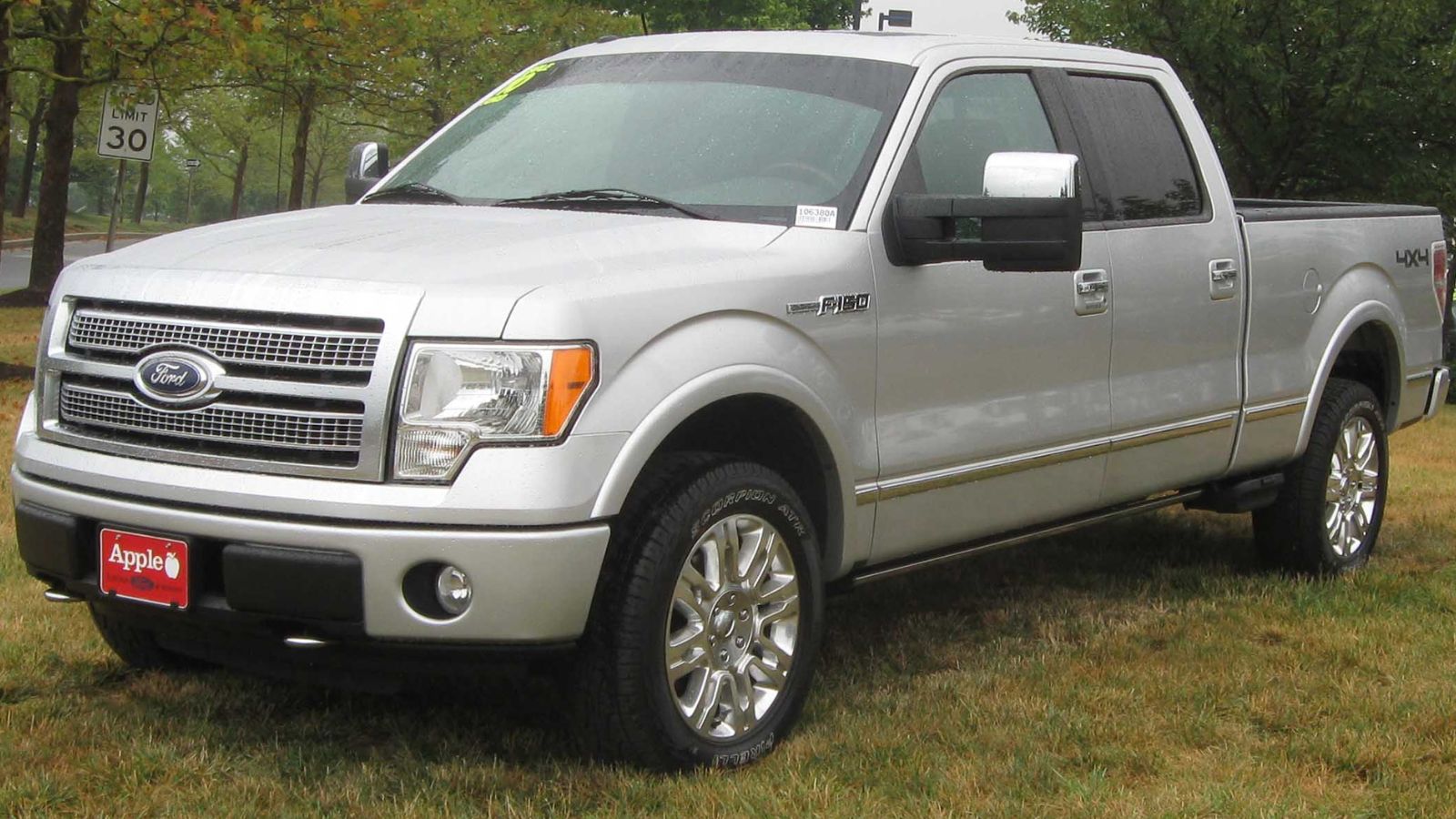
Trucks used to be bare-bones workhorses with vinyl floors and crank windows. Today, they’re marketed as luxury vehicles with leather interiors, panoramic roofs, and tech-laden dashboards. The catch? That plush comfort pushes sticker prices into eye-watering territory. A full-size pickup can easily crest $70,000 with options, while top trims like Ford’s Platinum or Ram’s Limited flirt with six-figure territory. You might convince yourself you’re buying a work tool, but your bank account knows you’ve just bought a luxury car with a bed.
Terrible Fuel Economy
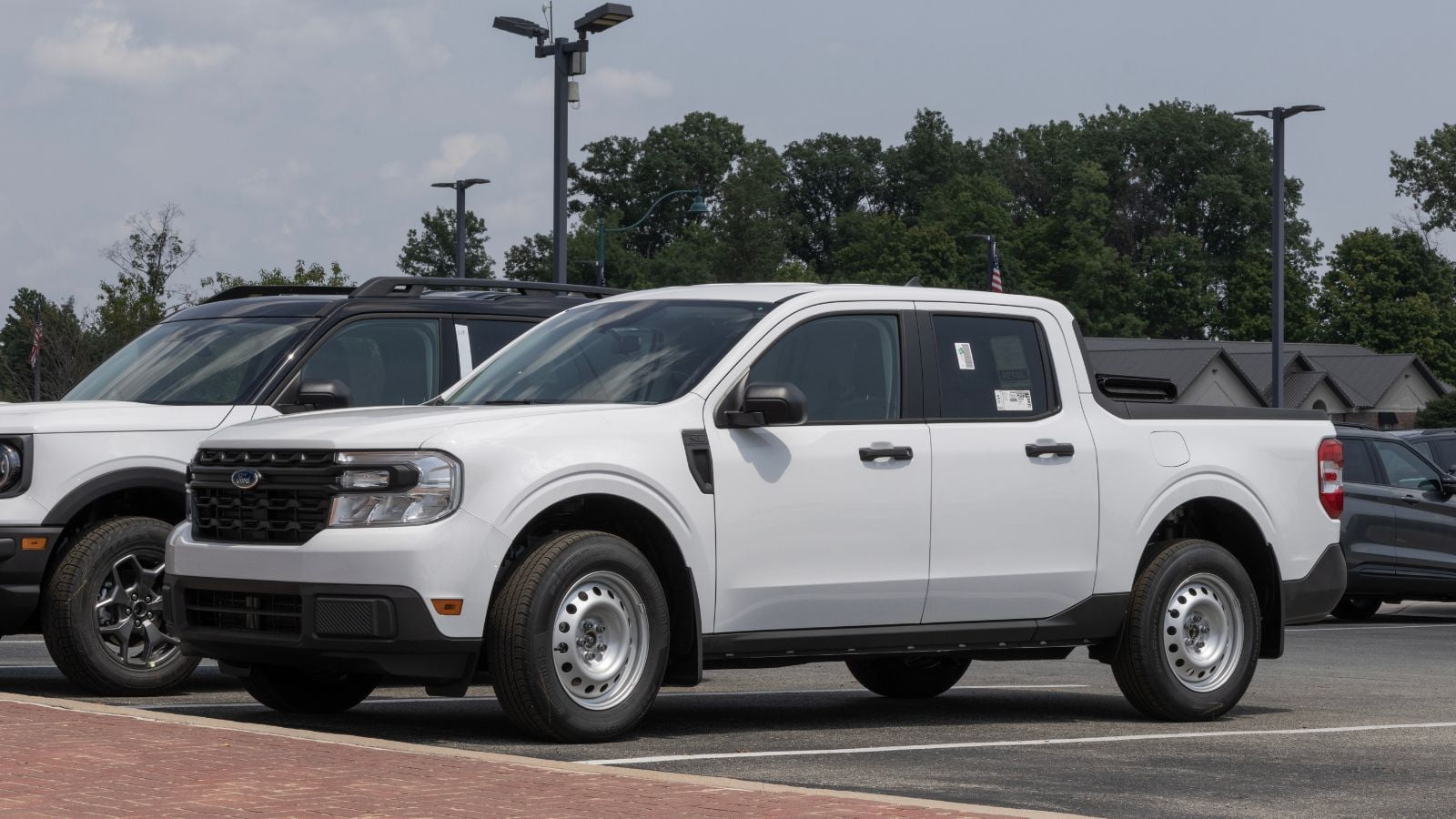
Automakers love to tout “improved efficiency,” but don’t kid yourself: trucks are still thirsty beasts. Even downsized turbo engines and light hybrid systems struggle to move 6,000 pounds of steel and aluminum efficiently. Real-world numbers often hover around 15–18 mpg in city driving, and towing anything sends fuel economy into single digits. That means filling up your 26-gallon tank feels like dropping a week’s grocery budget into the pump. Road trips become financial commitments instead of carefree escapes.
Parking is a Nightmare
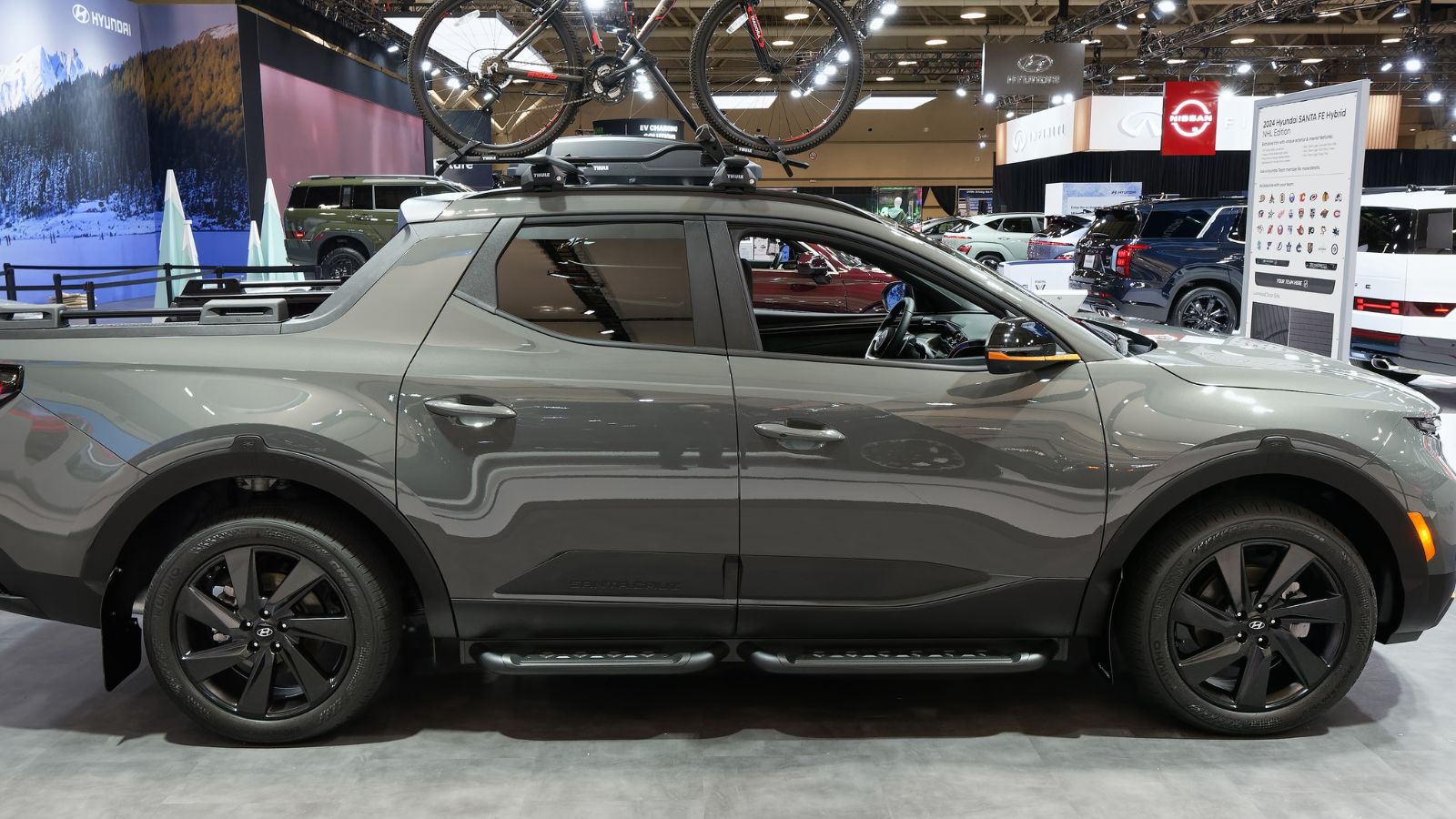
Ever tried sliding a crew-cab truck into a downtown parking garage? Good luck. Height clearance is often questionable, turning every entrance into a nerve-wracking gamble. Even open parking lots can be stressful when a truck hogs two compact spaces. Parallel parking? Prepare for a public performance of frustration, complete with multiple reverses and steering corrections. Sure, trucks now come with 360-degree cameras and parking sensors, but the sheer size still makes you the most unpopular driver in tight city spaces.
They Ride Like a Work Vehicle
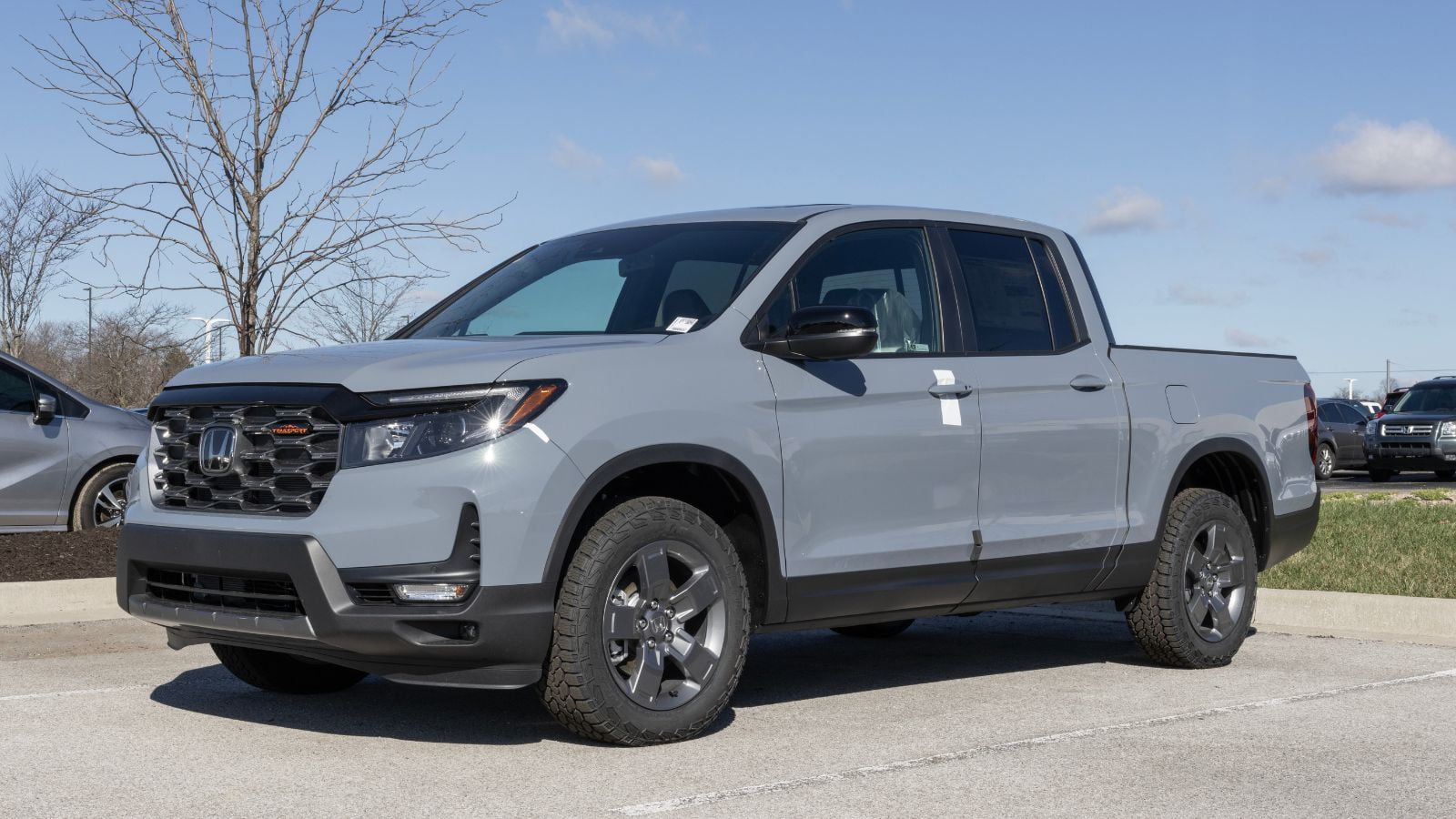
Despite endless marketing about “refined ride quality,” trucks still feel like trucks. Leaf springs in the rear are built for payloads, not comfort, so driving unloaded often means bouncing over potholes like you’re in a wagon. Even trucks with coil-spring or air suspensions can’t hide their heavy-duty nature. Compared to a sedan or crossover, road trips feel jittery, and your passengers may wonder if you traded comfort for bragging rights. Off-road packages make it even worse, with stiffer shocks and beefier tires adding to the punishment.
Insurance Costs Are High
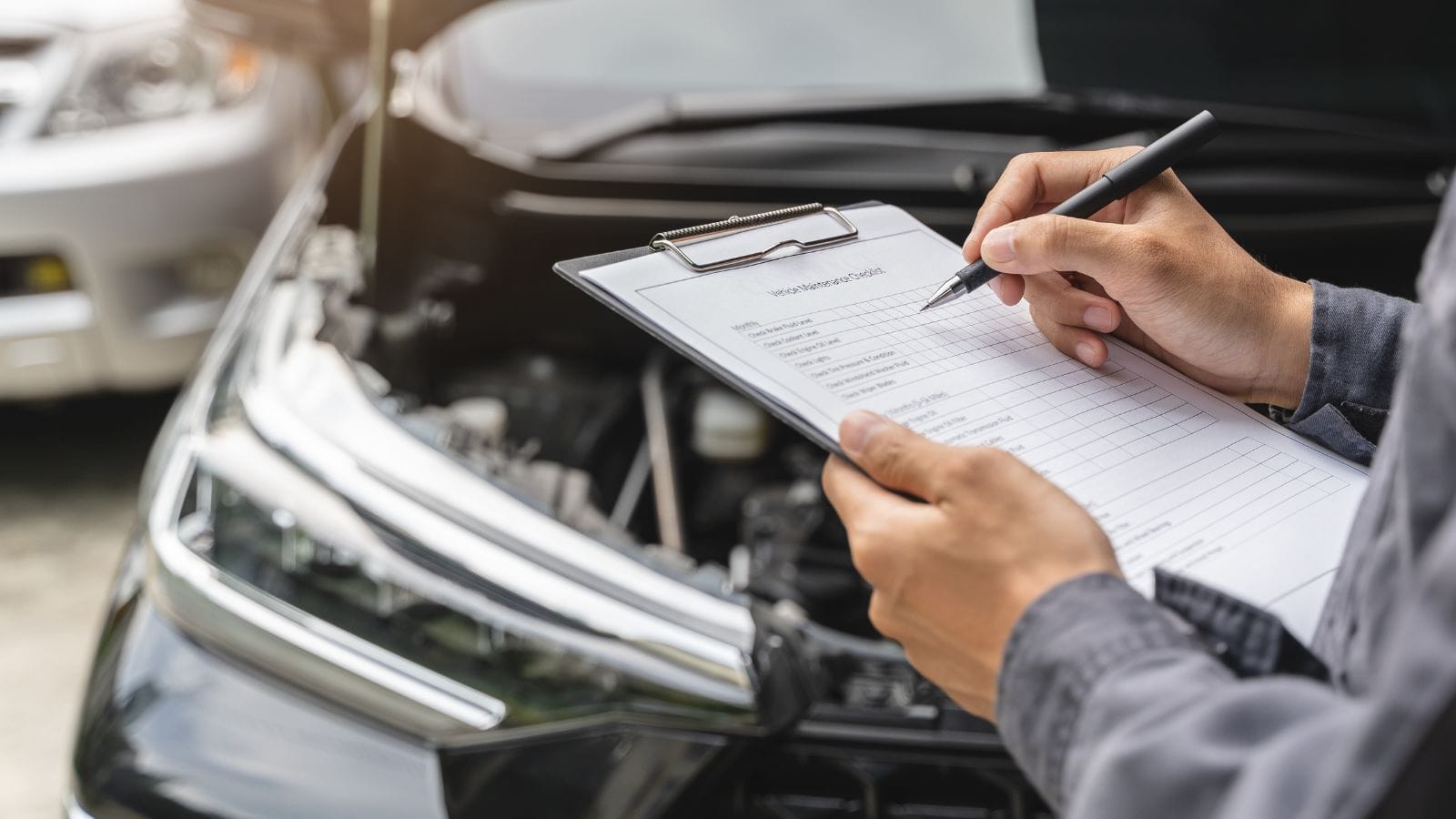
Truck buyers often forget to factor in insurance, which is consistently higher than that of comparable SUVs. Larger vehicles cause more damage in accidents, repair costs are steeper, and theft rates for popular trucks like the Ford F-150, Chevy Silverado, and Dodge Ram are alarmingly high. Even if you’re a spotless driver, expect premiums that feel more in line with a performance car than a family hauler. That “cheap monthly payment” on your loan suddenly balloons once the insurance company joins the party.
Poor Handling
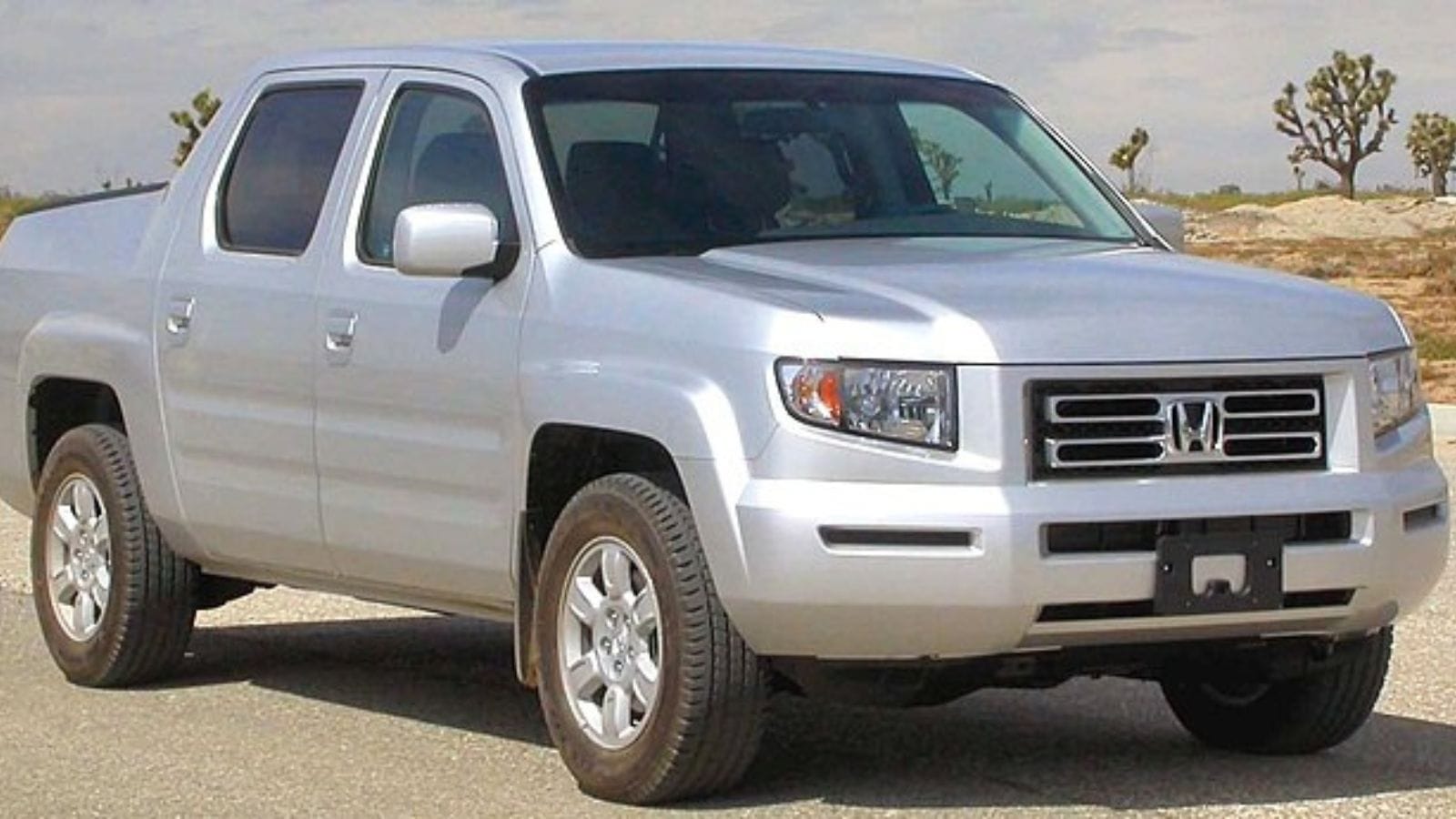
Physics doesn’t care how many commercials claim your truck “drives like a car.” A tall, heavy pickup will never match the agility of a smaller vehicle. Quick lane changes feel sluggish, braking distances stretch out, and sharp corners remind you just how much weight is shifting around. Many trucks now use electronic steering and stability controls to mask the problem, but there’s no escaping the reality that you’re piloting something closer to a bus than a hatchback.
Maintenance Costs Add Up
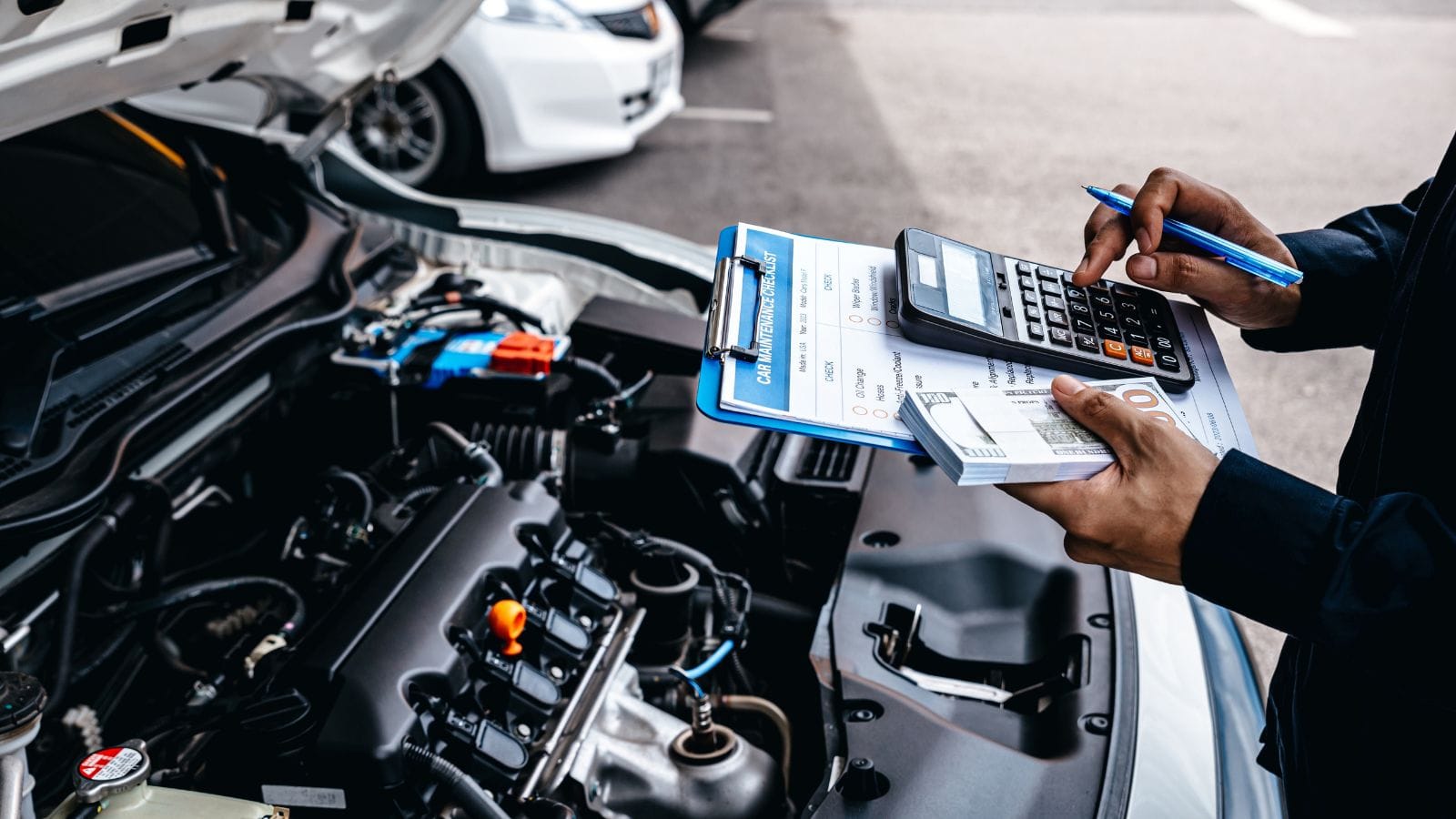
Trucks aren’t just bigger—they’re more expensive to maintain. Oil changes require more fluid. Massive tires cost a small fortune to replace. Brakes wear faster under all that weight, and four-wheel-drive systems add complexity that can fail at the worst times. Even simple jobs like changing filters or spark plugs can be harder thanks to cramped engine bays designed to house enormous powertrains. Over a decade, the upkeep costs of a truck can rival those of a luxury SUV, but without the smooth ride to show for it.
Trucks Age Fast
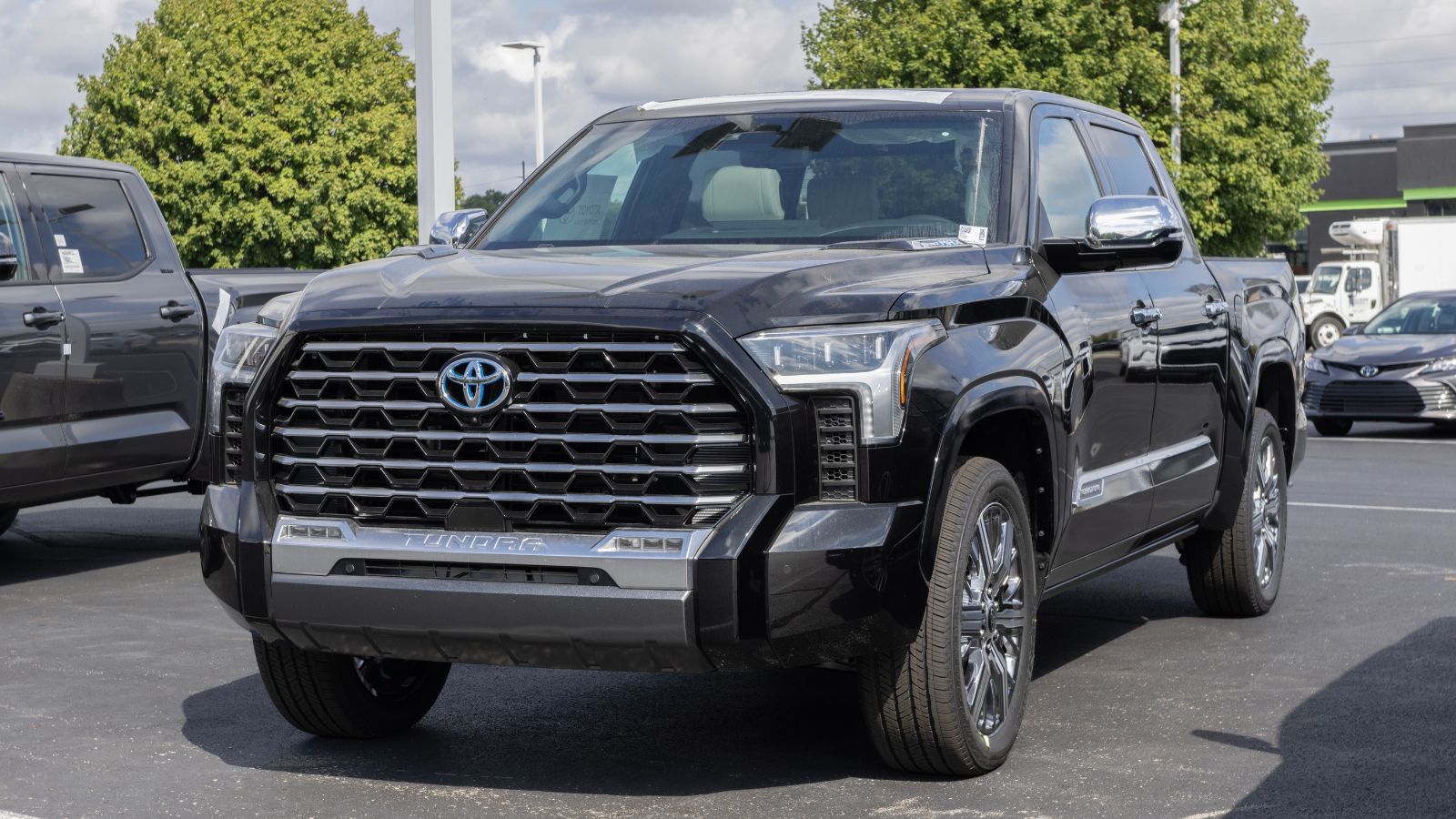
If you actually use a truck as intended—hauling, towing, or loading the bed with gear—it will show its age quicker than a garage-kept sedan. Scratches, dents, and bedliner scuffs pile up fast. Interiors often take a beating too, especially in trucks that double as family haulers. Kids, dogs, and muddy boots don’t mix well with leather upholstery. After a few years, even a well-loved pickup can look rough, tanking resale value unless you spent extra to protect it from day one.
Bed Space Isn’t Always Practical
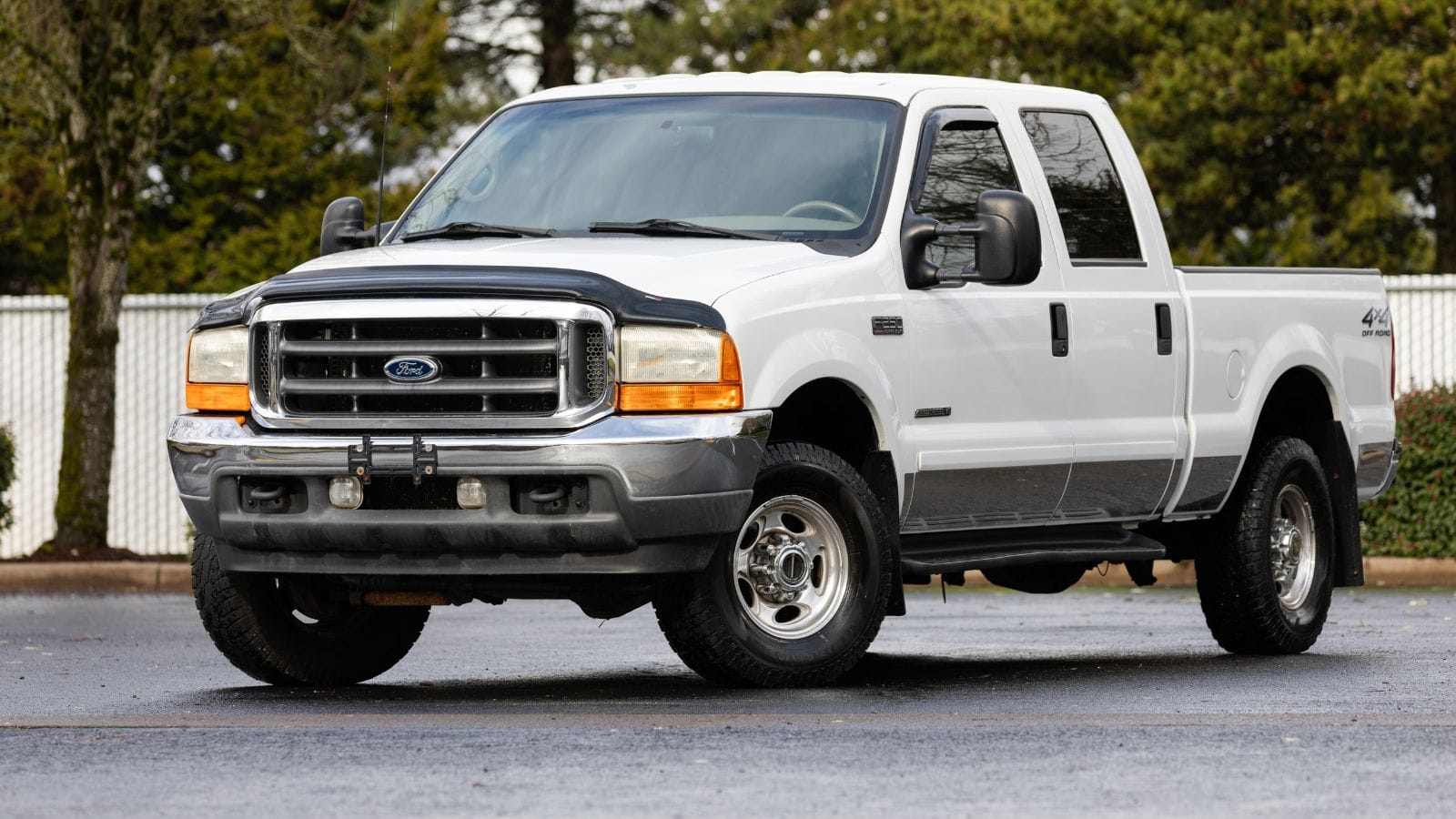
Yes, the open bed looks versatile, but it’s far less useful for everyday life than you’d expect. Groceries roll around like bowling balls, and small items are a pain to retrieve without climbing in. Valuable tools or electronics can’t be left exposed, so owners spend extra on tonneau covers or bed caps. Rain, snow, and road salt only add to the hassle, turning that open bed into a mess unless you constantly cover it. For most people, a traditional SUV cargo area is easier, cleaner, and safer.
They’re Overkill for Most People
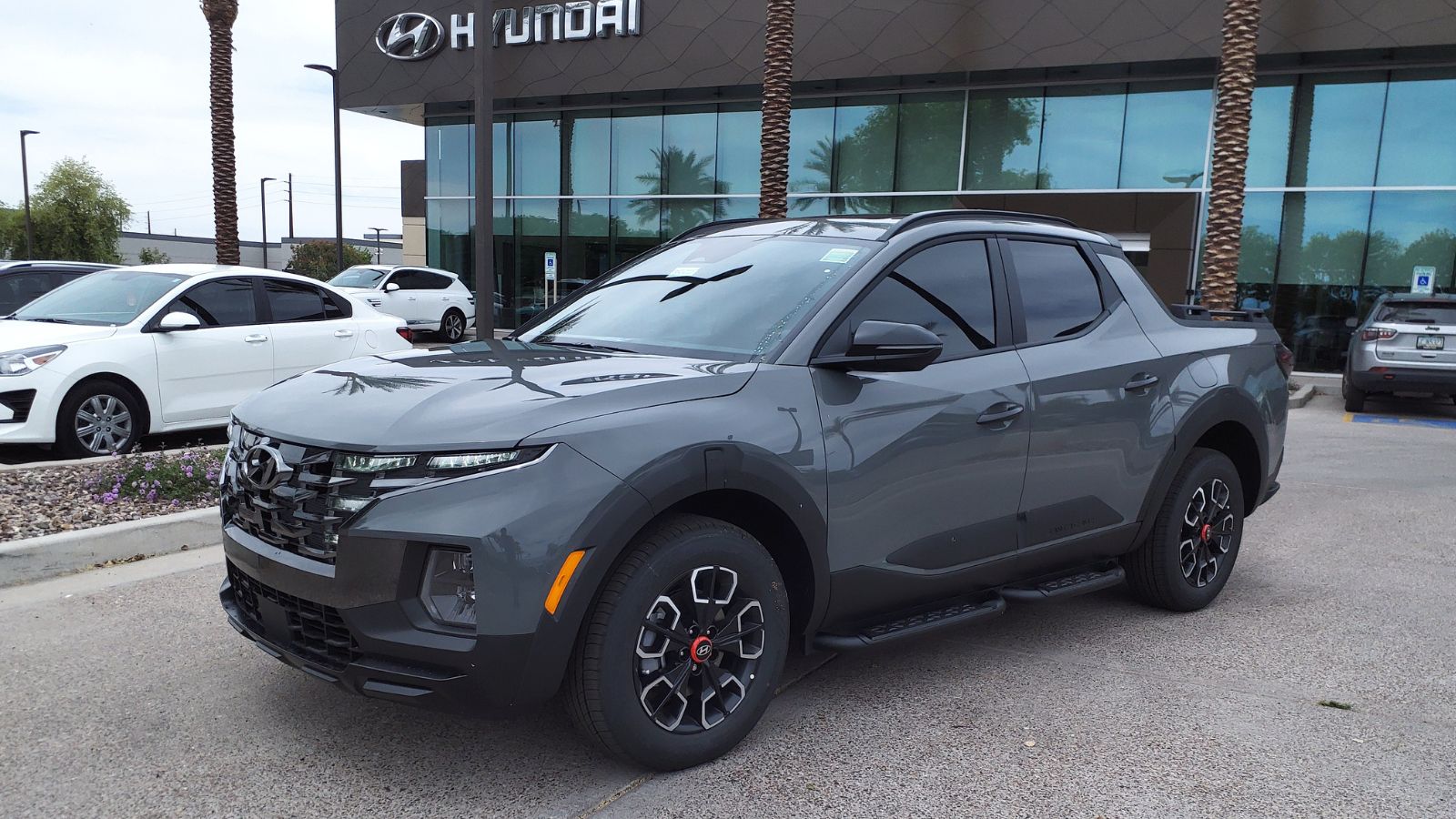
The truth is, most truck owners rarely tow, haul, or go off-road. Many buy them for the image—rugged lifestyle, outdoorsy freedom, and macho presence—only to realize they’re driving an oversized commuter. For the daily grind of highways, school drop-offs, and grocery runs, a crossover or SUV does the job better, cheaper, and with fewer compromises. Trucks shine when used for heavy lifting, but for most suburban families they’re just oversized status symbols burning fuel unnecessarily.
Visibility Can Be Dangerous
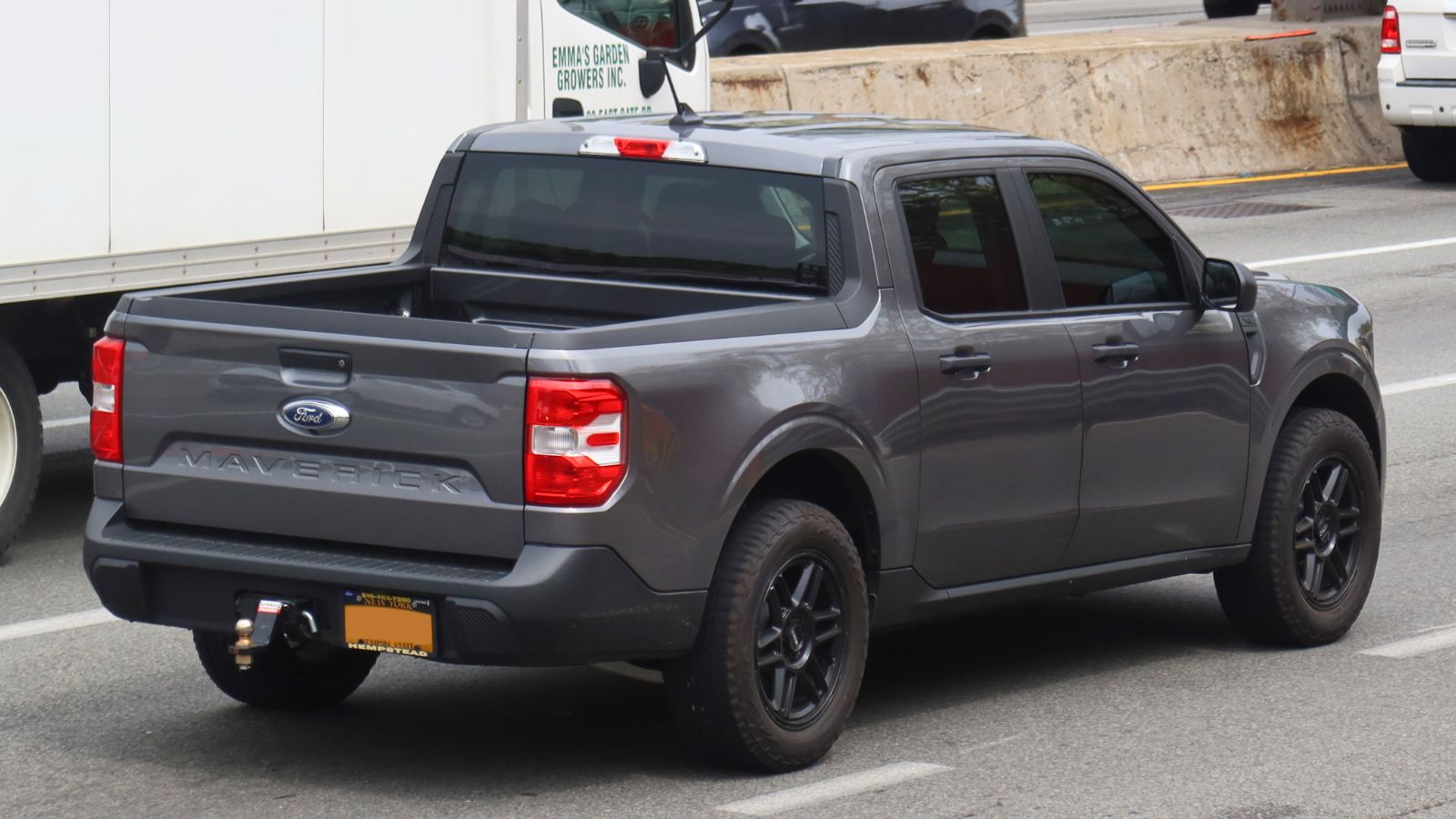
Sitting high up gives drivers a commanding view, but it also creates major blind spots. Huge hoods make it impossible to see pedestrians or small cars directly in front. Backing out of driveways becomes a leap of faith, even with cameras. Critics have pointed out the safety issues of trucks in urban environments, where collisions with smaller vehicles or pedestrians can be catastrophic. The size that makes a truck feel powerful also makes it intimidating—and sometimes dangerous—to everyone else on the road.
Resale Isn’t Always As Great As Promised
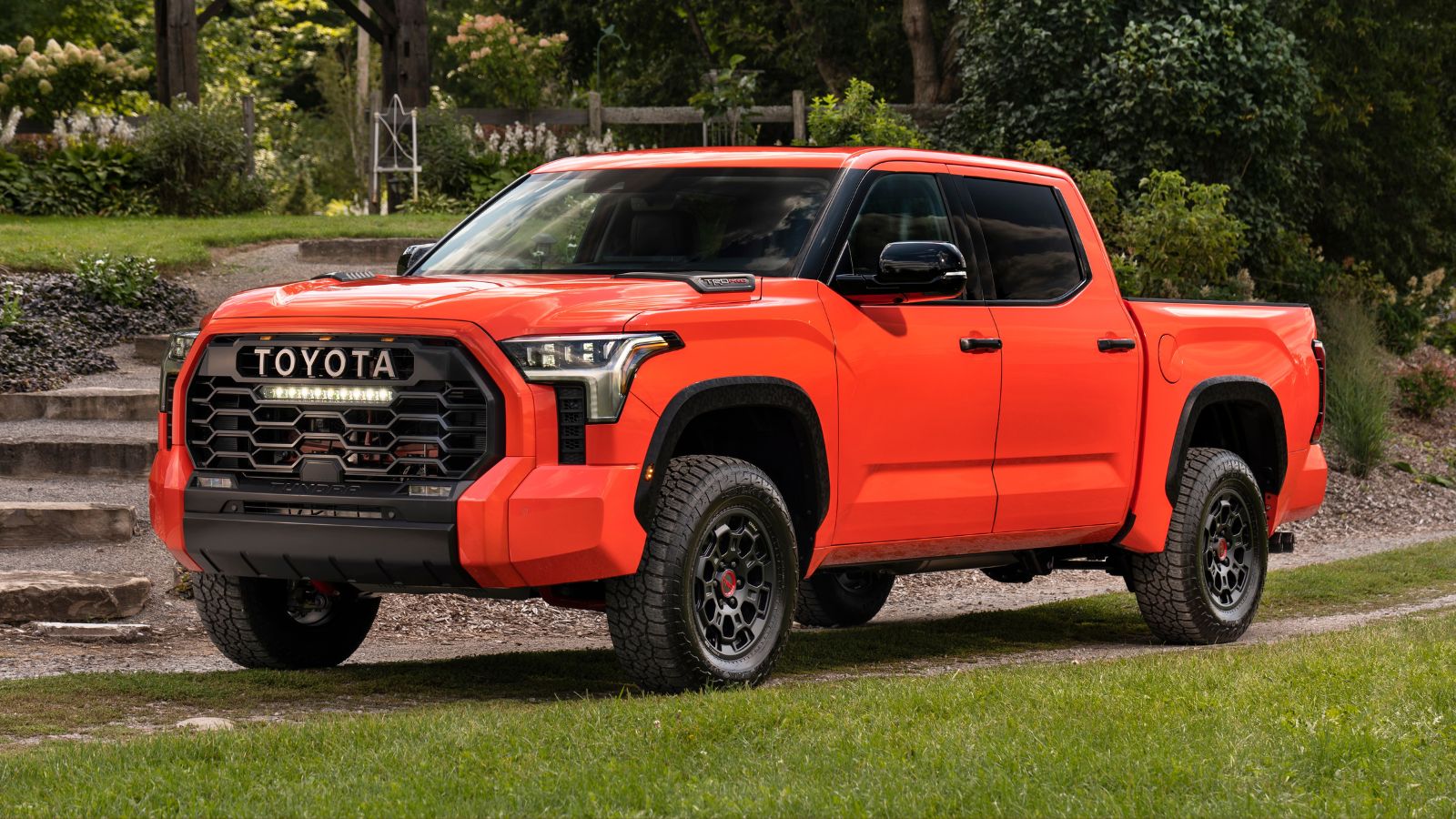
Yes, trucks generally hold value better than sedans, but the reality is more complicated. Certain trims depreciate quickly, especially luxury versions with giant chrome wheels or tech that becomes outdated in five years. Fuel prices also dictate resale demand—when gas gets expensive, everyone suddenly wants out of their V8 trucks, and values drop. If you bought a truck thinking it was a foolproof investment, you may be disappointed when the market shifts.
25 Facts About Car Loans That Most Drivers Don’t Realize

Car loans are one of the most common ways people fund car purchases. Like any other kind of loan, car loans can have certain features that can be regarded as an advantage or a disadvantage to the borrower. Understanding all essential facts about car loans and how they work to ensure that you get the best deal for your financial situation is essential. Here are 25 shocking facts about car loans that most drivers don’t realize:
25 Facts About Car Loans That Most Drivers Don’t Realize
